By David Pountain
Watch If I Close My Eyes I’m Not Here on FilmDoo
With its nuanced characterisations and sensitive, intellectually honest depictions of youth, education, migrant work and domestic abuse, Vittorio Moroni’s If I Close My Eyes I’m Not Here succeeds on an intimately human level. Following a frustrated and distraught Italian-Filipino teenager named Kiko as he finds a mentor in the aged Ettore, the film tells its story with considerate patience and a distinct openness to the wonders and possibilities of the universe all while keeping one foot firmly planted in reality. Speaking to the film’s director, Vittorio confirmed that a sense of realism was a primary objective in his new work, “In this period of my life, I’m reading a lot about the process and the method that John Cassavetes used to make his films. That’s probably because I worked with documentaries for a part of my career and at the same time I’m a screenwriter for other directors. So my goal is to find a way to mix these two experiences – to make a fiction movie with the freedom of a documentary. John Cassavetes is someone who would think deeply a lot about this.”
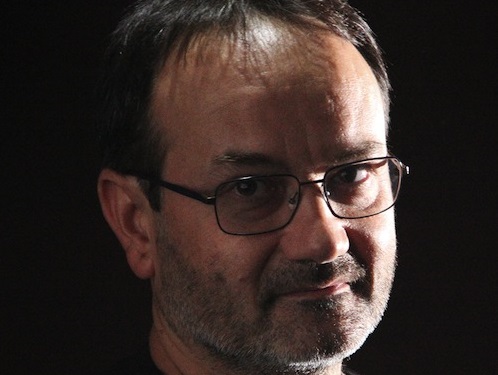
The director put these aspirations into practice with his latest release, “I chose collaborators in my film – the operator, the director of photography, the sound technician – from the world of documentaries.” Vittorio describes the spontaneous approach that he and director of photography Massimo Schiavon took, “What we tried to do was to have a hand held camera, never have a tripod and to be very flexible, to not know in advance what the actor will decide to do. We could be surprised. Maybe the actor would go to the right, maybe the actor would go to the left. We didn’t know in advance. We had to be ready for everything exactly like it is in a documentary.”
This drive to capture an authentic reality through fiction also influenced the development of the film’s script, “I felt it necessary to understand who an adolescent is today and I asked a high school if I could be a guest for one month, sitting down behind a desk among the other students to understand the daily life of them, to interview them, to become a bit of a friend of the students and, as a last thing, to interview the teachers also. All these experiences transformed the screenplay I was writing.”
Vittorio views this process as the first step in integrating documentary elements into his work, “The second step was the research of the actor to play the main character, Kiko, an adolescent of Filipino origin. So I met a little bit more than two hundred guys and had long conversations with them. We filmed all this and many things coming from these conversations went into the screenplay.”
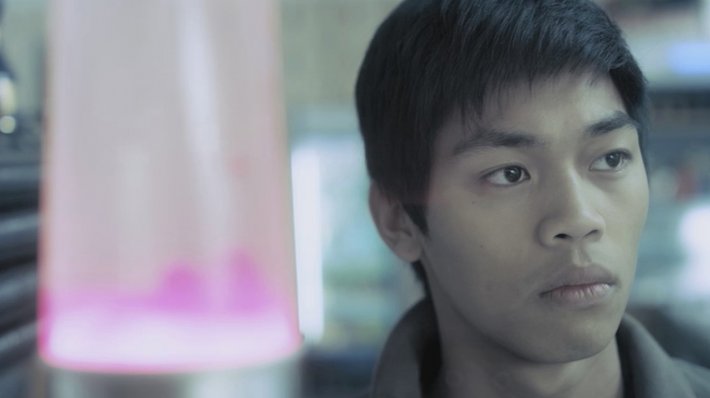
A particularly personal approach was taken for the preparation of the young lead Mark Manaloto, “Me, Mark Manaloto and the coach Rosa Morelli – we were together for around six months and we tried to consider all the aspects of his real life that crossed with the character’s story. So all the things that Kiko lives in the film are very well known for the actor in his own life. For example, there is a bus where Kiko and the old guy [Ettore] have their lessons outside of the school. Mark had lived for the first ten years of his life in the Philippines. He had lived very far from his parents who lived at that time in Italy, so he grew up with his grandparents and he had a very strong relationship with the grandpa. The grandfather had one place where they stayed, their place, a secret place. When he discovered that Kiko had a place like that, he could understand very deeply what that bus meant for Kiko. So we connected these two things and, all the time he was in contact with the bus, he was in contact with that part of his childhood.”
Vittorio hopes that these efforts in integrating elements of Mark’s reality into the film will allow for an empathetic depiction of youth, “I tried simply to go deep into the life of somebody I knew. To discover part of his life to put in the screenplay and to use that in the film. So I think this process is honest. I’m not sure that all adolescence is like this. I cannot talk about adolescence in general but I can talk about Kiko, who is representative of a kind of adolescence that maybe Italians didn’t expect a few years ago. I think that in Italy in the sixties we had the impression that all the future would be easy, that the economic boom was something destined to never end. But now some problems that our grandparents had are happening to many adolescents.”
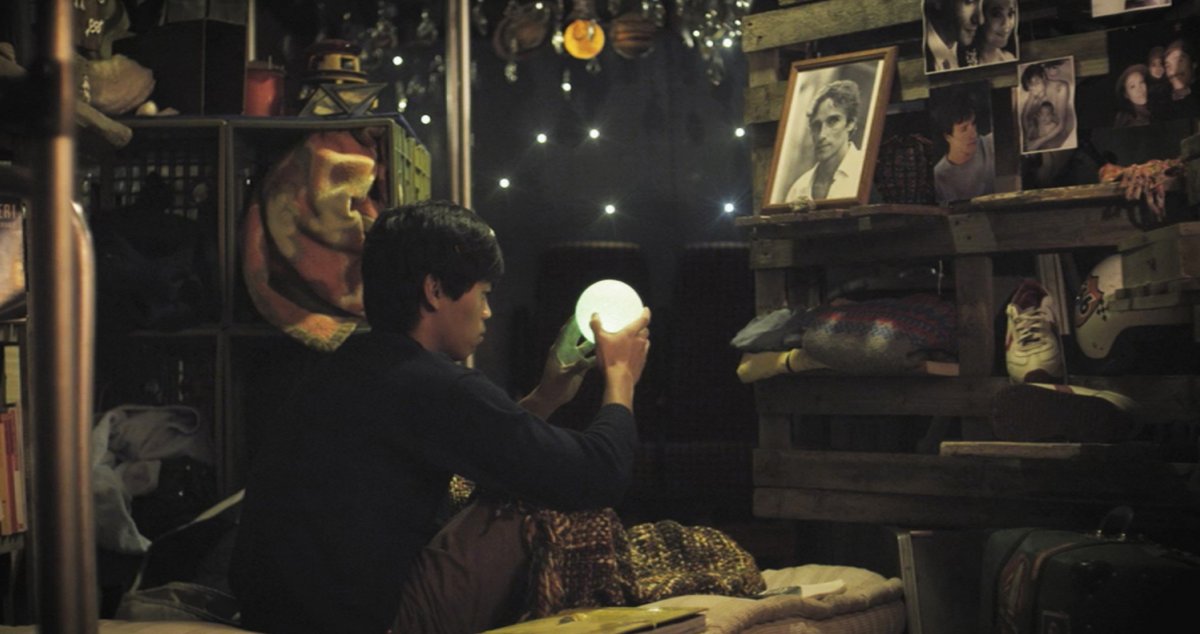
The director expands on the current national and universal hardships of youth and education that he feels the film addresses, “I think that in our adolescence we have the right to discover who we are – not just put the knowledge that we get in the service of our productivity. It’s a time to explore where we are going, what we think about ourselves and the world in front of us. But I think that many young people now in Italy don’t have this right. They don’t have this opportunity because they have to choose very early on what to do in life to make a living.”
He believes that there is an obstructive border between the grade-driven learning of the classroom and the practical relevance of education, “I think there are two kinds of knowledge: the knowledge that you can get at school that has a lot to do with the idea of performance, and a kind of spark that can connect this knowledge to you, to your deep needs. There is a sentence in the film that for me is very important for this. When Ettore tells Kiko: before knowing something, you have to know why you want to know it. That’s the difference. That’s the step. The border.”
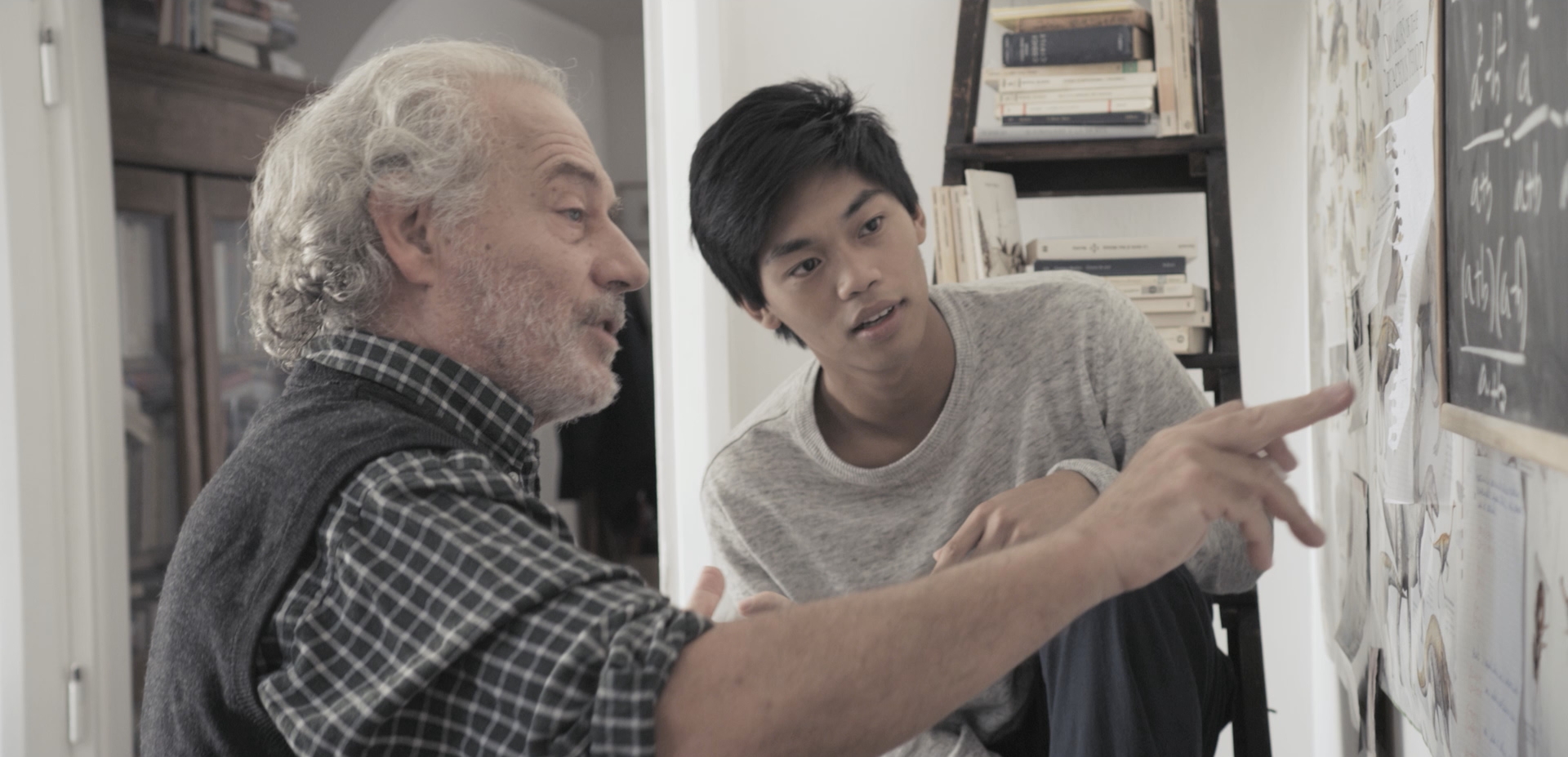
Vittorio’s own wide-ranging curiosity comes through in his contrasting plans for two more upcoming projects, “The next film is a coproduction with friends and it’s a very different film than all the others I did before. It will come from a dream that I had so it’s a film that mixes a real surface with some unconscious things. The other project is very experimental. I want to work with actors who just know a part of the story and I want to use the process to help me finish the screenplay. The actors will not know the end of the sequences because I want to discover what can come from them through a sort of communal work of writing with acting.”
The director acknowledges that the latter of these two projects will be a further expansion of his idea of blending elements of fiction and documentary, “I believe that the goal will come from the perfect process on the set and the most stimulating process for me is this: to work with actors that participate in the writing of the film.” Contrary to popular opinion, not even Cassavetes went this far with his films but it’s easy to imagine that Vittorio Moroni’s experimentation would’ve done the master proud.
Watch If I Close My Eyes I’m Not Here now at FilmDoo.com. (UK & Ireland only)

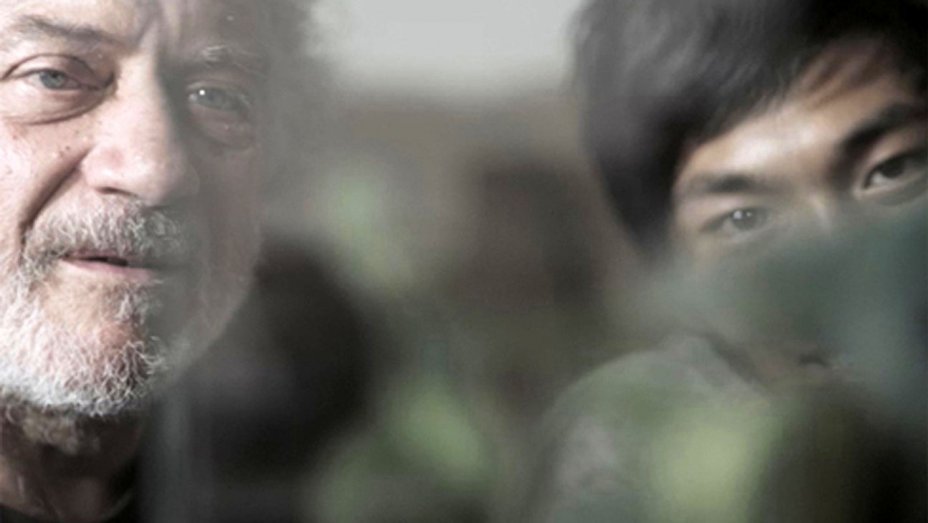
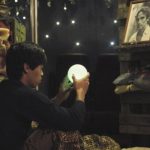



2 thoughts on “INTERVIEW: ITALIAN DIRECTOR VITTORIO MORONI ON HIS LATEST FEATURE”